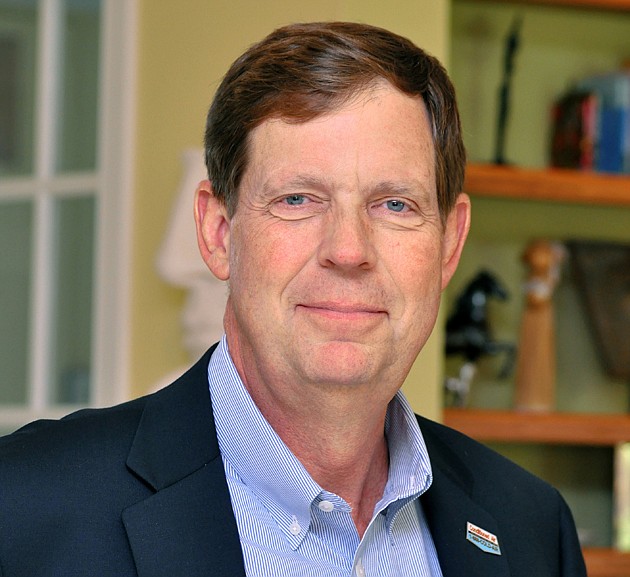- November 25, 2024
-
-
Loading

Loading

Conditioned Air in Naples spends as much as $50,000 on gasoline for its fleet of repair vans each year — and everybody at the company knows it.
At most privately held companies, employees would never be privy to this kind of financial detail. But Theo Etzel is a proponent of open-book management and shares the company's income statement with 260 employees every quarter.
“That level of additional financial understanding is really good for people,” says Etzel, Conditioned Air's CEO and owner.
After listening to a presentation about open-book management in the late 1990s, Etzel realized that sharing financial performance of his company could help employees realize that they're part of a larger effort. “We trust our people a great deal to take care of our customers,” he reasoned. So why not trust them with the financial results?
Every quarter, employees gather to hear Chief Financial Officer Carol Papesh lead a presentation to explain the company's latest quarterly operating results. “They share in a portion of it,” Etzel says.
Conditioned Air created phantom stock that grows over time in each employee's virtual account after one year of employment. “The longer you've been here, the more 'shares' you've got,” Etzel says.
The company sets aside a portion of the profits of the company, which could range from 5% to 10% in good years, and distributes them quarterly among the shareholders. The value of each share is posted in the break room at company headquarters. Recent price: $18.93. “Profit is not a bad word,” Etzel says with a smile.
This management style was particularly helpful during the real estate downturn. “It has tremendous motivating power because it shows they have influence,” Etzel says.
Employees understood that they had to forego sharing profits during the recession so they could help position the company for the recovery. Etzel didn't withhold bad news because the financial information helped explain the company's plan of action. “When you start to hide things, you start to build walls,” Etzel says.
Sharing unpleasant news didn't unleash finger-pointing blame among various departments, Etzel says. That's because he established a culture of teamwork that calls for respect for one another. “We stand and fall as a team,” he says.
What's more, open-book management dispels rumors. “We're not letting you wonder,” Etzel tells employees. “Now you see exactly where we are. It gives people hope and realization that we're making strides.”
Etzel has other ways of rewarding employees besides from profits of the company. For example, Conditioned Air doesn't pay commissions to its technicians for new equipment or service contracts like many competitors. Instead, it pays them hourly so that they focus on fixing the customer's problem and they earn bonuses in the form of $50 gift certificates for customer kudos and safety records. “Each one is our attempt to modify behavior that serves our customers the best,” Etzel says. “That customer will come back to us. The worst thing you can do is churn new ones.”
Etzel says sharing financial information fosters loyalty and lowers costly turnover. Even those who perform the most routine functions at the company understand their role in the company's goals. “They are part of a bigger picture,” says Etzel, who is writing a book about his management experience. “I want people involved. The No. 1 motivator for people is purpose.”
And in the end, of course, it will all show up in the numbers. Etzel expects Conditioned Air to post revenues of $32 million this year, up 14% from 2012.